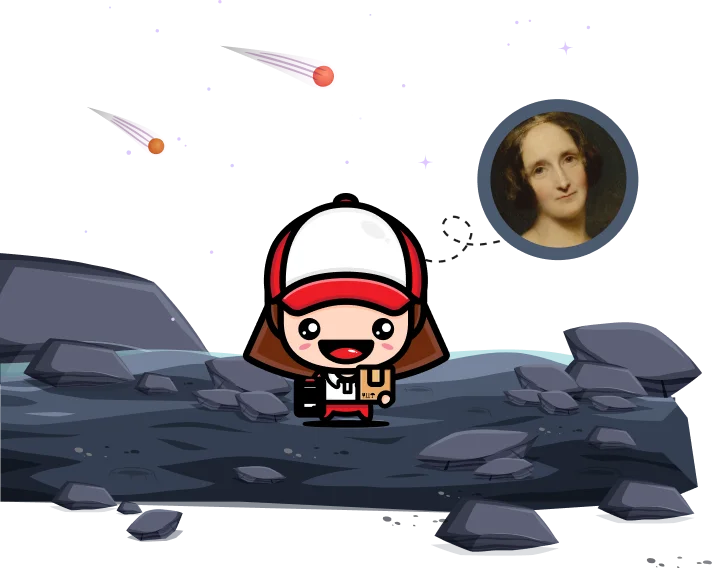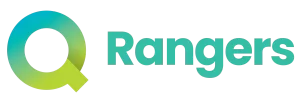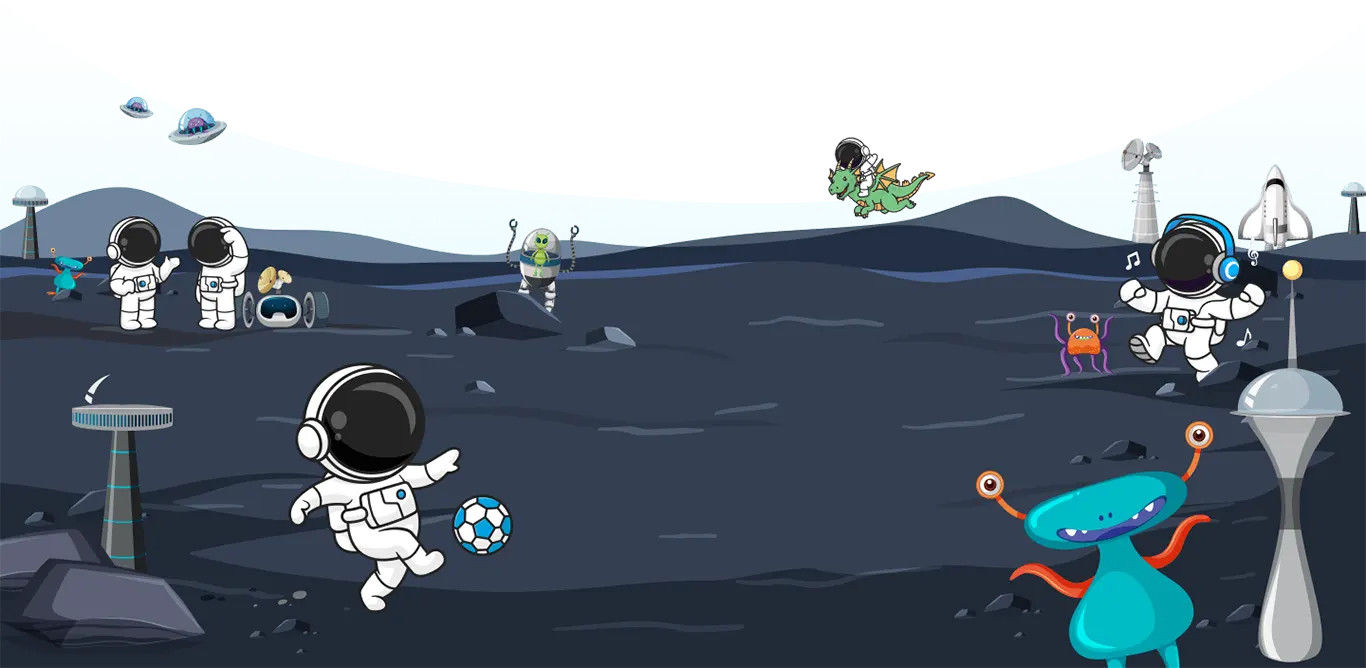Rangers is an online learning platform that is dedicated to impact the future by empowering today’s youth through tech education. An education technology school, it offers single or group online classes on coding, Minecraft, graphic design, comic creation, 3D animation, digital marketing, and photography among others to kids ages 6 to 18 years old. Q Rangers provides a comprehensive program that enables students to create and launch their own products.
Rangers is a division of Q Academy, a pioneer in industry-driven education. Formerly known as Q Academy Kids, its first kids camp was held in person at its Victoria, BC campus. Now, through virtual classes, Q Rangers aims to reach more students across Canada and the North American region, and equip them with relevant 21st century skills.
Rangers is managed by MSM Higher Ed, the education management segment of M Square Media (MSM), an international education company that provides comprehensive campus management solutions including standardized policy and procedures for program design and development, integrated student information systems, and learning management platforms and practices.
Rangers is an online learning platform that is dedicated to impact the future by empowering today’s youth through tech education. An education technology school, it offers single or group online classes on coding, Minecraft, graphic design, comic creation, 3D animation, digital marketing, and photography among others to kids ages 6 to 18 years old. Q Rangers provides a comprehensive program that enables students to create and launch their own products.
Rangers is a division of Q Academy, a pioneer in industry-driven education. Formerly known as Q Academy Kids, its first kids camp was held in person at its Victoria, BC campus. Now, through virtual classes, Q Rangers aims to reach more students across Canada and the North American region, and equip them with relevant 21st century skills.
Rangers is managed by MSM Higher Ed, the education management segment of M Square Media (MSM), an international education company that provides comprehensive campus management solutions including standardized policy and procedures for program design and development, integrated student information systems, and learning management platforms and practices.
Rangers aims to impact the future through empowering young minds. Our state-of-the-art facilities, expert instructors and exciting courses are just a few of the things that make us better than traditional schools.
Since we started, we’ve been unlocking kids’ potential through hands-on learning. We understand how this could open up a world of opportunities for young people, allowing them to create things at their fingertips. By tapping into their innate abilities and giving them the superpower to code, we enable our students to make new projects and carve their own paths.
We created “Learn to Launch” to mentor kids each step of the way and provide them a comprehensive package for launching new products and turning their ideas into reality. We provide limitless opportunities to nurture skills, with a unique platform to jumpstart dreams at a young age, and take on the world.
 , we create energizing tech experiences that provide young people the ability to code and the opportunity to launch their own product. We are dedicated to an inclusive, welcoming and secure environment where all kids can have a chance to shape their future and become game-changers.
, we create energizing tech experiences that provide young people the ability to code and the opportunity to launch their own product. We are dedicated to an inclusive, welcoming and secure environment where all kids can have a chance to shape their future and become game-changers. Before humanity conquered land with the first automobile in
1885, then air with the first airplane in 1903, the seed for the modern digital age was planted as early as 1812 in the mind of a young lad named Charles Babbage. Charles was fascinated with math and the marvels of mechanical engineering, and with the support of family, government, and the scientific community, he would go on and design the world’s first computer. Charles would later on be credited as “the father of the computer.” However, in actuality, it wasn’t until other people contributed to Charles’ idea before the computer became more than a machine.


Meet Ada Lovelace. Her father a poet, and mother a
mathematician, Ada possessed a curious and brilliant mind. At 12, she was consumed with the idea of flying and wrote a book on constructing an apparatus suitable for flying. Having lived at a time when women were not regarded as prolific scientific thinkers and her mathematical and logical skills considered as masculine, Ada pursued her passion for math with the encouragement of her mother. She was 17 when she first saw for herself the early designs for building a computer. After that experience, she wrote a set of notes detailing a specific method for calculating a sequence of numbers on those proposed designs. Because of this, Ada
became known as “the world’s first computer programmer.”
As the next century unfolded, the human mind embraced the challenge of pushing mathematical and scientific boundaries, as evidenced by the ingenious mind of one Alan Turing. At 15, he would solve advanced math problems without studying elementary calculus. However his teachers did not understand his potential, because their definition of education placed more emphasis on the classics. Later on, Alan’s groundbreaking work in formalising the concepts of algorithm and computation earned him the title of “the father of theoretical computer science and artificial intelligence.”


Abdul Lateef Jandali—this was Steve Jobs’ birth name as he was born into an Arab Muslim family before he was put up for adoption. He lived life as any young teen would, however, dropping out of college in 1972. Four years later, he and business partner Steve Wozniak co-founded a company named Apple to sell their own version of a microcomputer. Fast forward to 2007, they launched the very first iPhone, and it would take the world by storm. This invention would arguably be responsible for the spawning of other millions of smartphones people use today. Fortune named Steve the “Most Powerful Person in Business,” and in 2009, “CEO of the Decade.”



A set of courses that allows learners to achieve advanced or mastery levels in coding and programming languages to be able to produce a website, a software or an android/ios app and launch it as a real product.
A combination of courses that gives kids the opportunity to have a creative experience in coding, get to design and develop a game or an AR/VR (Augmented Reality and Virtual Reality) application and launch it.
A fusion of coding courses that provides kids the skills to create AI computer programs such as chatbot or voicebot designed to simulate conversation with humans and have the opportunity to launch this into the world.



